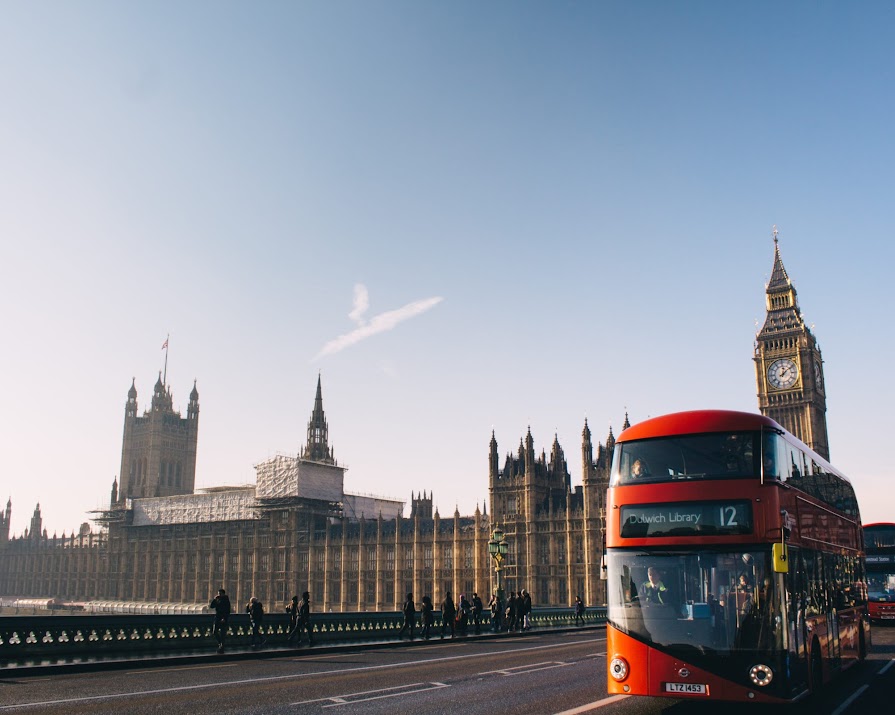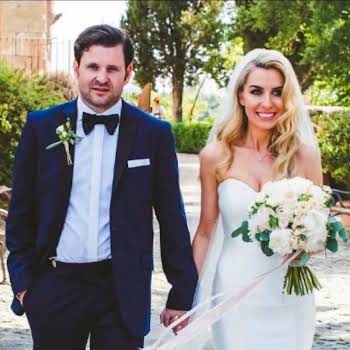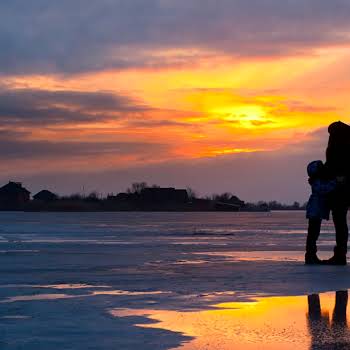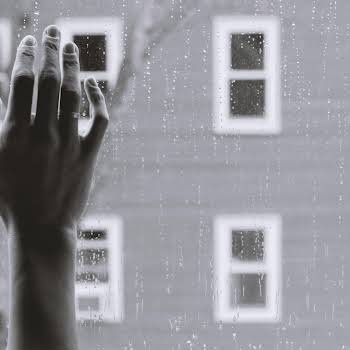
UK in lockdown: Boris Johnson enforces people to stay home for at least 3 weeks
By Jennifer McShane
23rd Mar 2020
23rd Mar 2020
Not unexpected, the UK, with a population of over 66 million, has been placed on lockdown for at least 3 weeks
What will happen?
A sombre Boris Johnson has put Britain under lockdown, limiting people’s movement outside the home, ordering the closure of all non-essential shops and banning gatherings of more than two people in public.
In a televised address on Monday night, the British prime minister said the measures were needed to prevent the National Health Service from being overwhelmed by the coronavirus.
Other premises including libraries, playgrounds and outdoor gyms, and places of worship must also close immediately.
Parks will remain open for exercise but gatherings will be dispersed.
The government is also stopping all social events, including weddings, baptisms and other ceremonies — but funerals will be allowed.
All this can be enforced by police and the prime minister has said anyone not adhering to the orders can be fined.
“Without a huge national effort to halt the growth of this virus, there will come a moment when no health service in the world could possibly cope; because there won’t be enough ventilators, enough intensive care beds, enough doctors and nurses,” he said.
“And as we have seen elsewhere, in other countries that also have fantastic health care systems, that is the moment of real danger.
“To put it simply, if too many people become seriously unwell at one time, the NHS will be unable to handle it – meaning more people are likely to die, not just from coronavirus but from other illnesses as well.”
What’s the timeframe?
In a bid to maintain some optimism, Johnson has said the restrictions would be constantly “under review up to the three week period.”
“We will keep these restrictions under constant review. We will look again in three weeks, and relax them if the evidence shows we are able to.”
Will it work?
This is the hope, but it remains to be seen – and given the time lag between infections and people becoming critically ill, it will likely be up to two weeks before any benefits are realised. On Monday, Italy recorded a slight reduction in the number of coronavirus deaths, two weeks after it introduced a national lockdown. The UK can expect exponential growth in infections and deaths first (as has been predicted), before – hopefully – the curve flattens.
Experts have said that before the lockdown can really be effective, testing and contract tracing has to be at the forefront of the UK’s Action Plan.
Main photograph: Unsplash






















